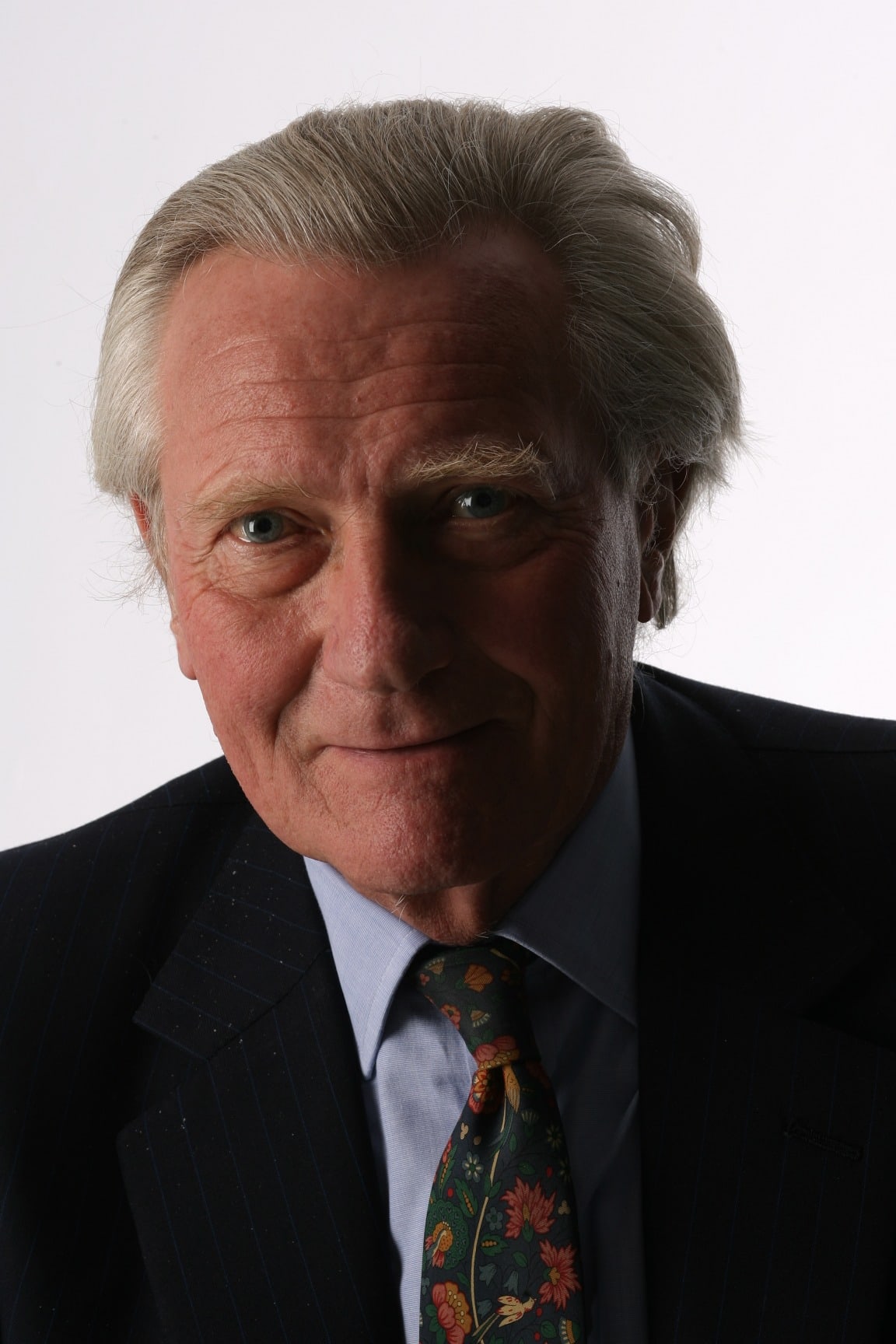By Tom Pattinson
In early 1973, as Minister for Aerospace and Shipping, Michael Heseltine was asked by the foreign office to attend a lunch with a visiting delegation from China. Already double booked and reluctant to go, Heseltine joined the lunch as the only available senior minister.
In amongst the various pleasantries and small talk of the lunch, Heseltine heard the words “opening up” and “competition” and then listened to the guest on his right as they forecast what was going to happen in mainland China. It was this moment that Heseltine realised China was a nation to be taken extremely seriously.
“It was quite extraordinary and unbelieve language,” Heseltine says. “I rang the Foreign Office and said: ‘look I am dead-cold sober, but you better know what I have been told, China is opening up; it’s going to change; it’s going to have a competitive economy,’ and of course it all came true.”
In fact, it would be just five years later that Heseltine’s lunch companion’s prophetic statements came true. In December 1978, the door to China crept open and the opening-up policy that would make China the world’s largest economy started. “One could not have expected the transformation [that has since occurred] on a scale without human precedent.”
I am dead-cold sober, but I have just been told, China is opening up; it’s going to change
It was later that same year in 1973 that Heseltine first travelled to China, as part of a delegation to Shanghai where “we were hoping to open up the aerospace market in China,” he says. “It was, by our standards, a very backward economy. A peasant economy, agricultural-based, living on the land and way behind the standards that we have been used to in the western world,” says Heseltine. But it was to be the start of a lifelong relationship with China that has led people to call him Britain’s Kissinger due to his influence in opening political and trade dialogue between the two nations.
By the mid-1990s Heseltine was taking huge delegations of British business people to China. “I met the prime minister and when I pointed out I had brought 300 [business people] in a jumbo to see his economy, he said, ‘The Canadians were here and brought more than that last week’.”
Heseltine has had a ringside view of China’s ambitious, and cautious, opening-up strategy. “That it was a long term plan, that it was carefully contrived, I haven’t the slightest doubt. And that it has worked beyond their expectations I wouldn’t be surprised.
“The Chinese approach to the western industrial commercial world has been ‘toe in the water’ – very cautious,” says Heseltine. “They experimented, they gave licenses to very limited numbers of people, they created partnerships at a measured pace. They didn’t get involved in opening the flood gates or anything of that sort.”
Will China’s economic change lead to more social change? “It’s bound to happen. I think China has changed dramatically in the last 40 years. In terms of the freedom of expression – now you can have conversations in China on almost any subject. The only barrier is when you start publishing your views. The Chinese are now operating across the world increasingly, and censorship then becomes extraordinarily difficult. So I think that China will find, as it already has done, that its economic opening up leads to its cultural and communication processes opening up as well.”


